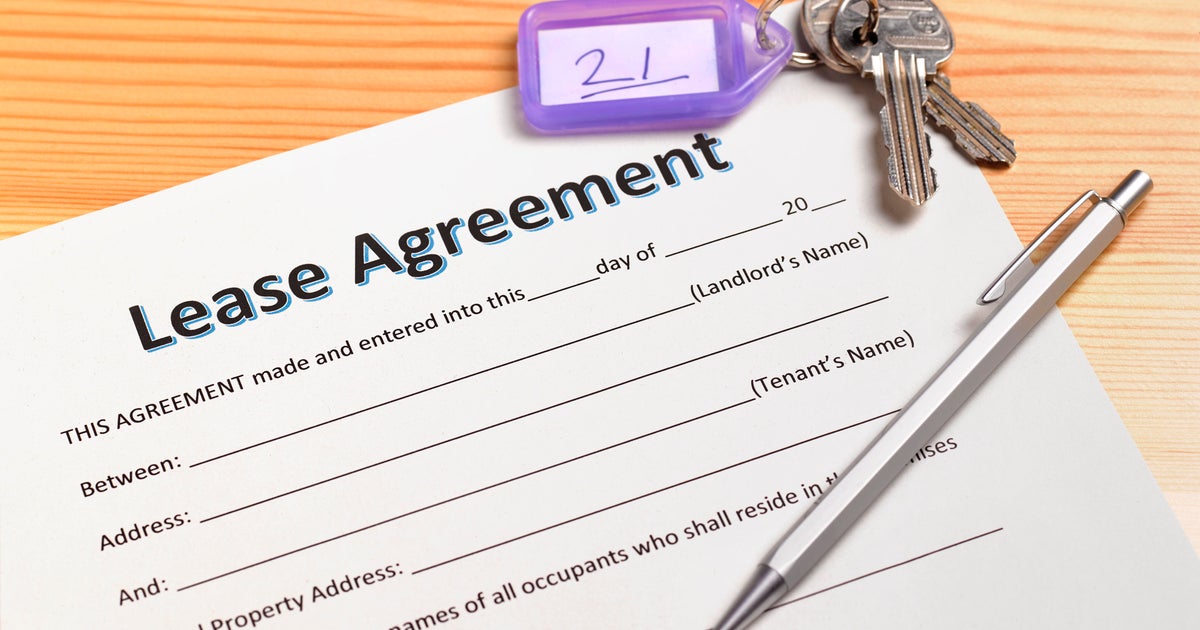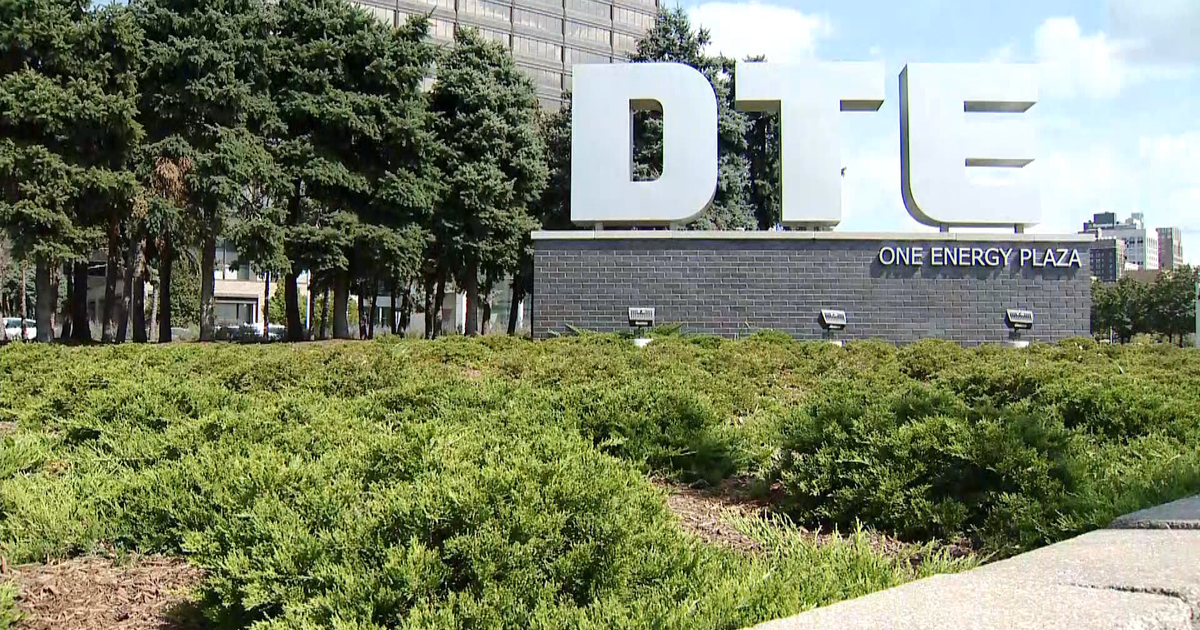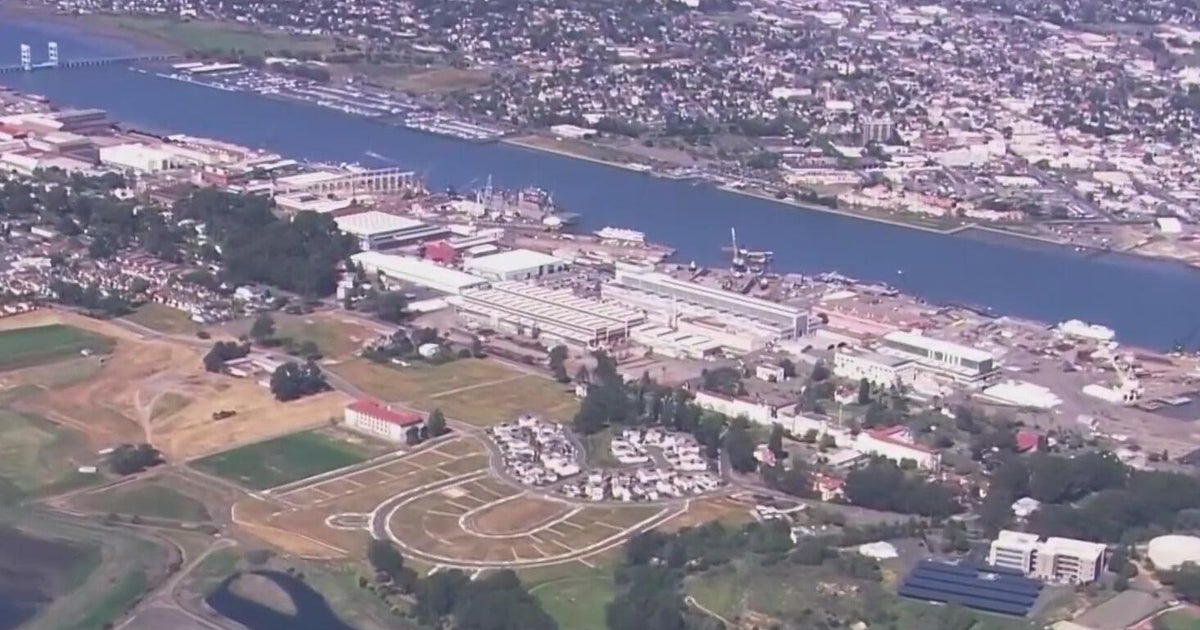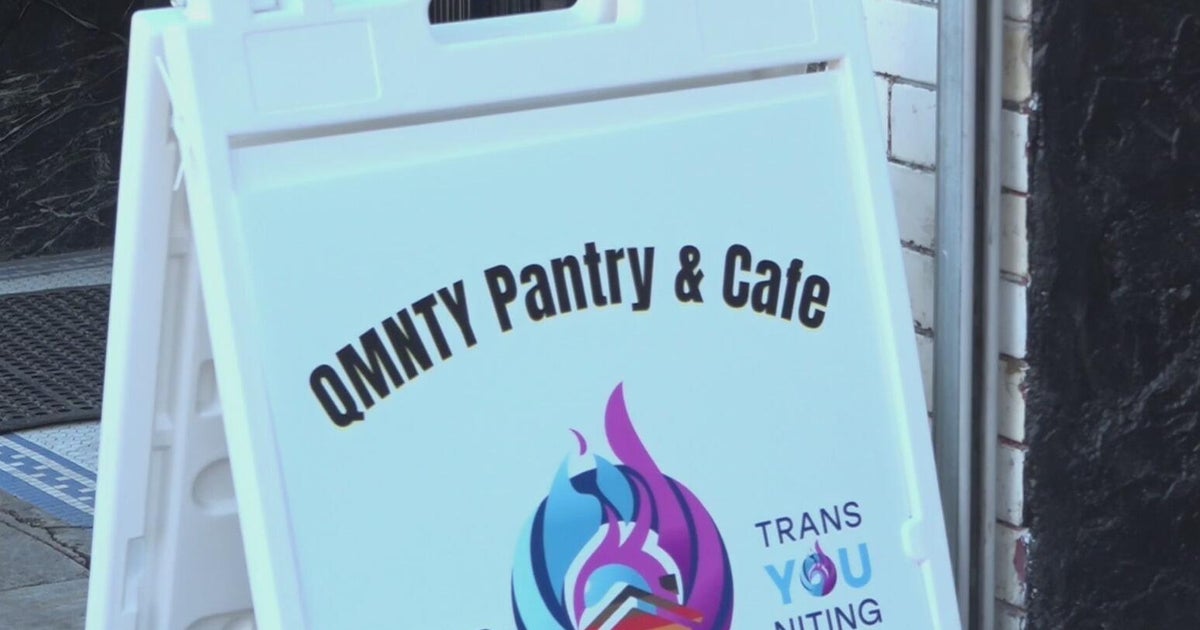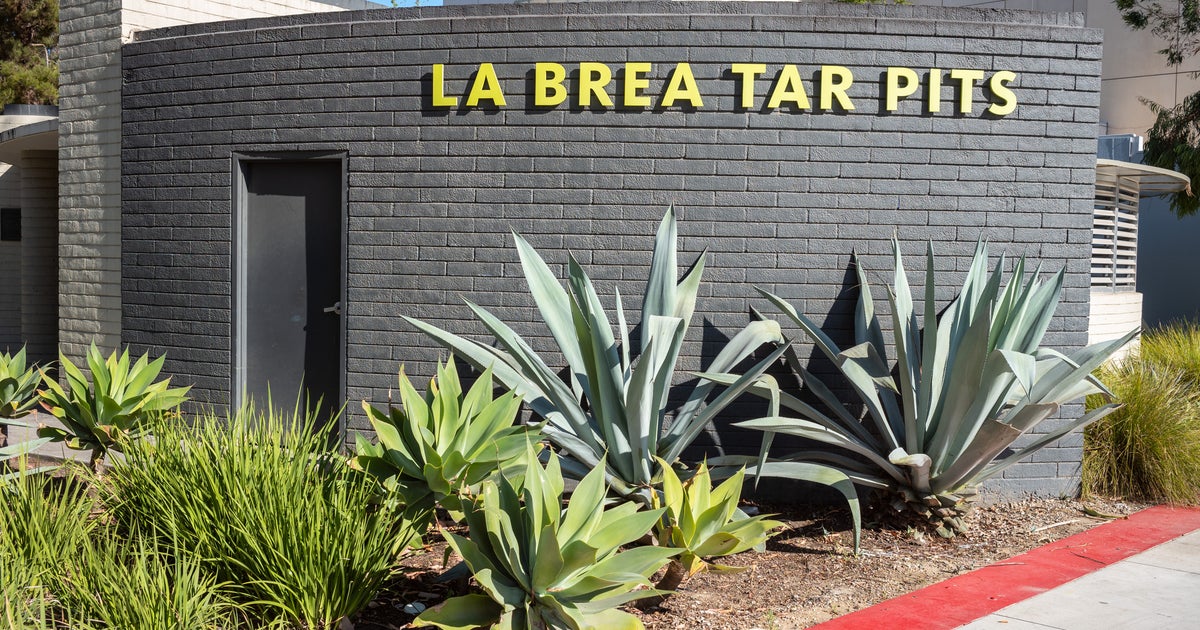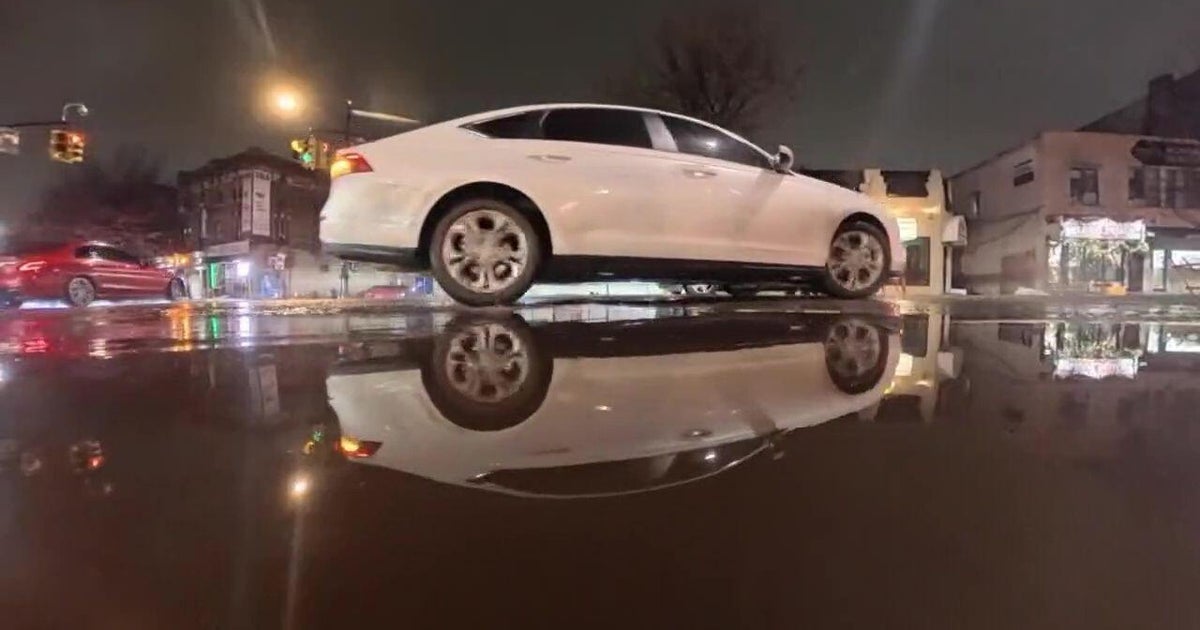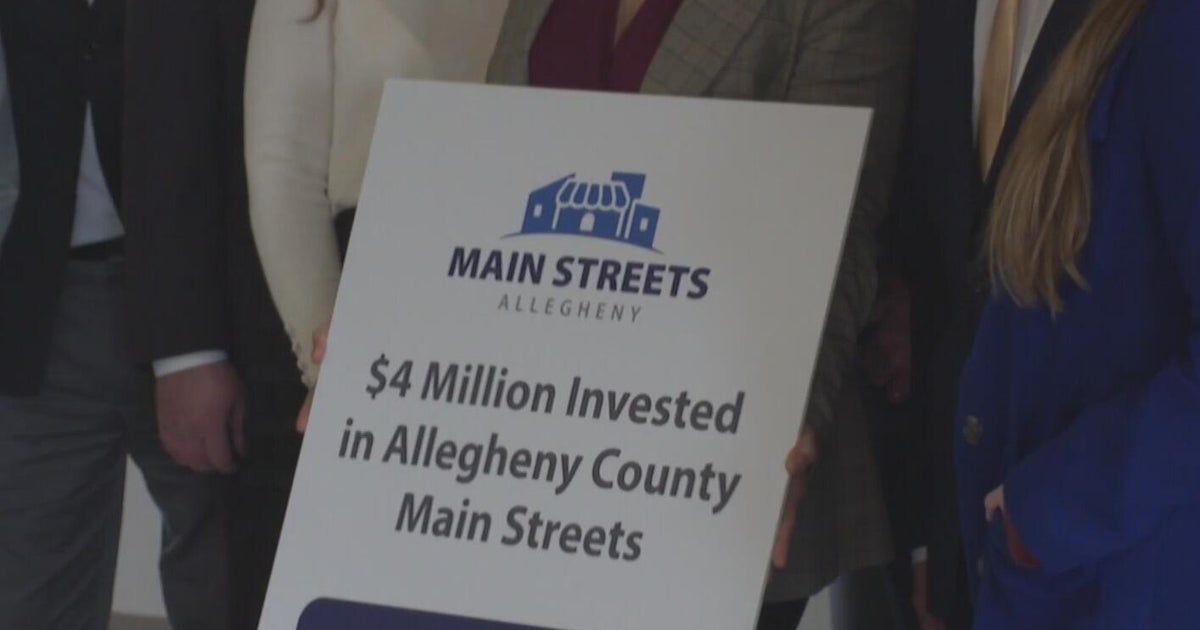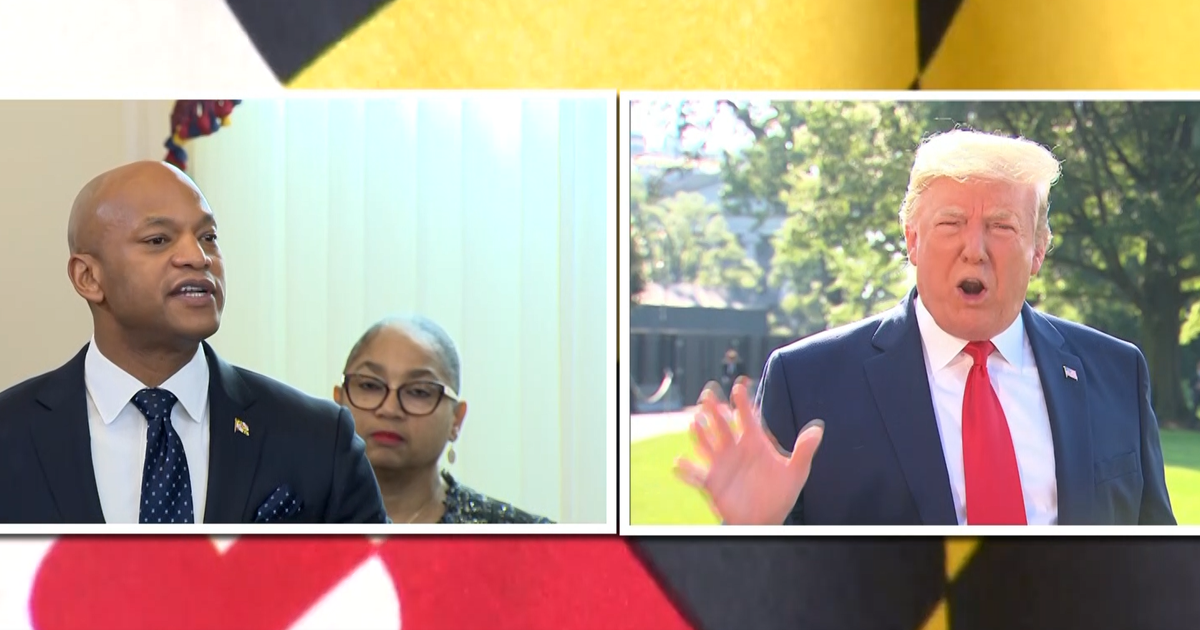Coin Shortage: Why It's Getting Harder To Get Exact Change
(CNN) -- First it was toilet paper. Now, grocery stores are facing another shortage as a result of the coronavirus pandemic: coins.
Several grocery and convenience stores have warned that they may not be able to provide coins as change when customers pay in cash, thanks to a nationwide coin shortage.
Because of coronavirus-related shutdowns, fewer coins are circulating throughout the economy, leaving stores short on nickels and dimes and seeking alternate solutions.
Many, including Wawa and CVS, are encouraging customers to pay with exact change, or offering programs through which customers can donate their change to charity. Instead of handing back coins as change, some stores are putting change on gift cards or loyalty cards that can be redeemed on future purchases.
Growing problem for low-income consumers
The issue could be especially painful for low-income consumers who don't have credit or debit cards or can't afford to donate their change — potentially exacerbating the impact of the crisis, which has already hit low-income communities hard.
It could also be a burden to some retailers, for which accepting credit and debit card purchases can come with fees that cash transactions don't.
"This is a problem that has escalated very quickly and it's only gotten worse over the past few days," Jeff Lenard, vice president of strategic industry initiatives for the National Association of Convenience Stores, told CNN Business in an email. "We have heard from retailers who are saying that some of their stores are completely out of coins and others are within a day's supply."
Federal Reserve Chairman Jerome Powell said last month that the pandemic has interrupted the normal flow of coins through the economy, leading to a shortage.
Whereas consumers and stores typically swap coins and cash on a regular basis, store closures and more people shopping online have meant fewer coins in circulation.
'Breaking point'
Last month, several industry trade groups wrote to Powell and Treasury Secretary Steven Mnuchin urging them to do more to address the issue, including by using the national mint to replenish the country's supply of coins.
"We were alarmed to hear that the system for distributing coins throughout the country is at the breaking point," the group wrote in the letter. "Some of our member businesses are being told that they cannot get coins from their banks at all. This threatens the functioning of our member businesses and, by extension, the needs of their customers."
Wawa said it is recommending that customers pay with credit or debit, its mobile app or exact change to avoid being affected by the shortage.
The retailer, which operates 640 convenience stores in five states, is also encouraging customers to round up their purchases to the nearest dollar and donate the remainder to its foundation, which provides funds to local charities.
At some Wawa stores, customers can exchange rolled coins for dollar bills.
Pharmacy chain CVS is also encouraging customers to pay with credit or debit, check or exact change, if possible.
"We're working with our bank partners to minimize impact to our customers and are monitoring the situation closely," CVS said in a statement.
Similarly, Dollar Tree, which also owns Family Dollar stores, said it is experiencing coin shortages in some markets and is asking customers to pay with exact change.
Meanwhile, some smaller retailers are getting creative to address the problem. The Growler Guys, a beer shop in Bend, Oregon, posted on its Facebook page that it will pay customers $1.05 for every $1 in rolled coins they bring in.
The-CNN-Wire
™ & © 2020 Cable News Network, Inc., a WarnerMedia Company. All rights reserved.
